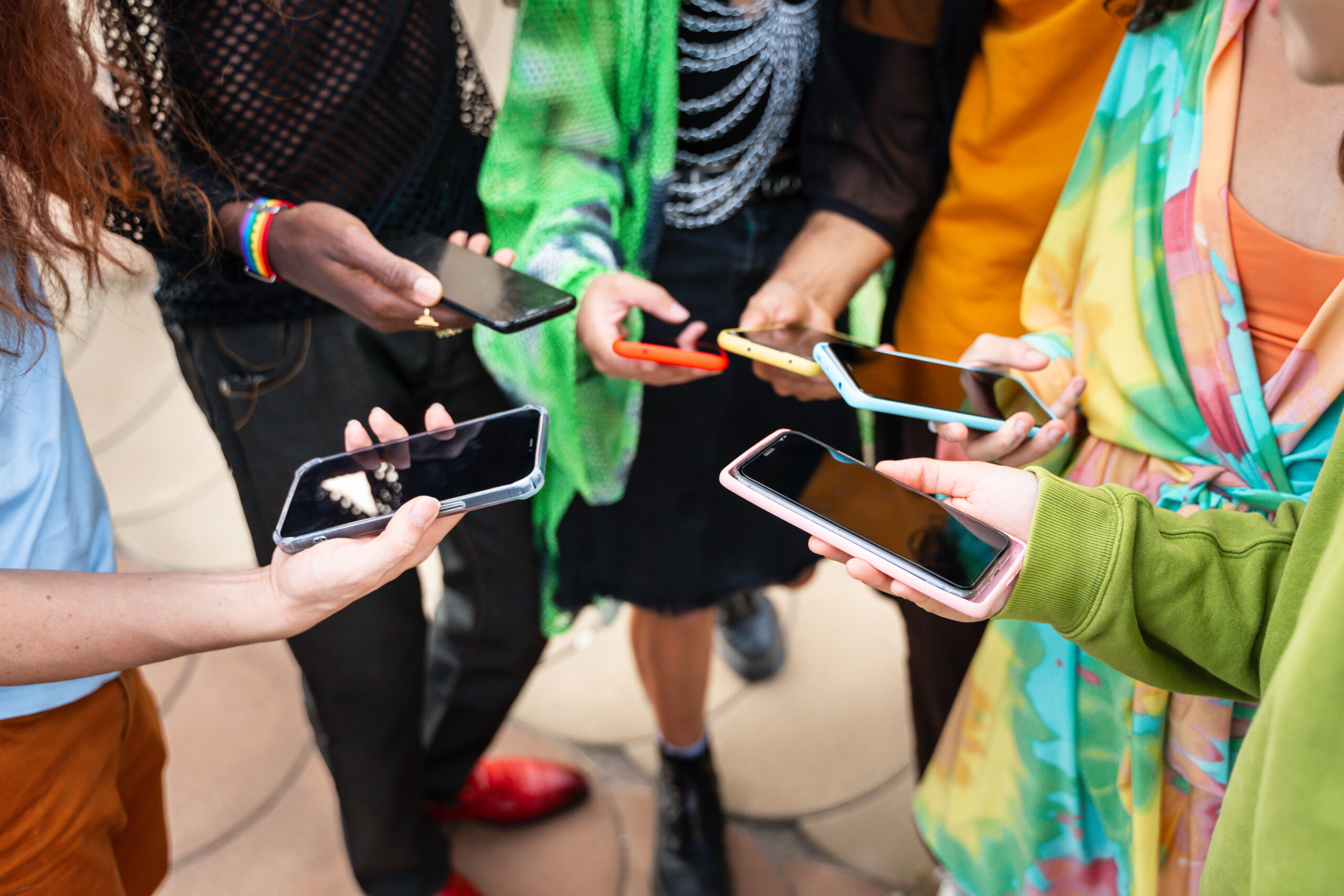Elon Musk has been dominating news headlines with his official purchase of Twitter at $40 billion. Many changes could come as a result of his new leadership and Musk has already used his Twitter account to share his ideas for the platform. Marketers, business leaders, and the general public are considering what the future of Elon Musk’s Twitter could look like and how it will affect them.
In this article, we look at Musk’s potential changes to Twitter and what it may mean for users on the platform.
New Verification Process
One of the most recent features Musk has discussed is changing the way users are verified on the platform. Twitter verification comes in the form of a blue checkmark on a user’s profile and it is typically reserved for individuals such as celebrities, politicians, and other well-known figures, as well as groups such as companies and organizations. It is intended to confirm a Twitter user’s identity due to the wide range of fake accounts and parodies on social media.
Musk wants to start charging for verification through Twitter Blue, the platform’s paid service. However, this could cause some serious changes to the platform. He also mentioned subscribers would get priority in terms of mentions and searches.
First off, verification would be open to anyone willing to pay for it (and, we expect, anywho who can also prove their identity). Although the paid feature is still a concept at the time of writing, a possible benefit is that paying for verification could help speed up the process of getting verified, which could benefit many who are looking to confirm their identity on the platform.
On the other hand, social media algorithms are typically engineered to show users content that they’re interested in. If content from subscribers are “pushed” to the top of searches, this may mean that more relevant content from unpaid users is harder to search for — effectively creating a “pay to win” scenario if users want to get their content seen.
Twitter’s current lords & peasants system for who has or doesn’t have a blue checkmark is bullshit.
Power to the people! Blue for $8/month.
— Elon Musk (@elonmusk) November 1, 2022
Secondly, as it exists today, a verification badge’s inherent sign of illustrating credibility helps with misinformation — opening it up to everyone could increase the spread of fake news and harmful information on the platform. This could devalue Twitter altogether as many people use the platform to get their news and information. Twitter, similar to other platforms, has implemented many policies over the years to combat misinformation.
Although Musk has discussed the possibility of charging for a verification badge, many users have already expressed their opinions regarding this monetization. As an example, Stephen King has publicly stated that he will quit Twitter if he needs to pay for verification. Asking users to pay for a feature that is free on other platforms is a hard sell.
Monetizing Content
The second big change Musk has promoted is monetization on the app. For example, Musk wants to find ways to monetize viral Tweets. Not much has been said about this idea, such as whether viral content would be monetized for Twitter’s revenue or for the content creators.
To be super clear, we have not yet made any changes to Twitter’s content moderation policies https://t.co/k4guTsXOIu
— Elon Musk (@elonmusk) October 29, 2022
The second proposed change on the topic of monetization is charging third-party websites a fee for quoting or embedding a Tweet from verified accounts. This would affect a lot of users. We don’t see this happening as this would fundamentally change the way Twitter works. Retweets on Twitter are a popular way to share information with other people — users will ultimately find a way to reshare it without paying, such as taking a screenshot rather than resharing it within the platform for a fee. This feature would also impact thought leadership content as many executives on the platform share relevant articles from established publications and organizations.
A major problem for Twitter with these changes is that it’s likely that users, brands, and celebrities will not be willing to pay for the features. Musk wants to add more features, such as the edit button, to Twitter Blue — and some features that are currently free. If a feature is free on other social media platforms, ineffective monetization strategies could cause more users to migrate to other platforms, like LinkedIn or Instagram.
The “Everything App”
Musk wants to turn Twitter into an “everything app,” — a type of app that includes “everyone,” such as shopping, games, mobile payments and transfers, and even food delivery — similar to the popular Chinese app, WeChat. He has also mentioned bringing back Vine, the short-form video app acquired by Twitter, which was subsequently shut down in 2017. Short-form videos are doing very well for platforms like TikTok and Instagram, so it’s possible the revival of Vine could offer people an incentive to stay on Twitter or join the platform.
Buying Twitter is an accelerant to creating X, the everything app
— Elon Musk (@elonmusk) October 4, 2022
If Musk turns Twitter into an everything app, what will Twitter’s identity be, if not a place to share short-form content? Brands tend to use Twitter for customer service purposes such as responding to customers and answering general questions. Additionally, the platform is used for trending content as one of the top places to post and receive timely news. The idea of an “everything app” could take away from this by splitting up the focus of the app, and it could also open the doors for another new social media app to capitalize on what Twitter “used” to provide (similar to BeReal and Instagram, and TikTok and Vine). However, the benefit is that by offering more services, users not on Twitter at the moment are more incentivized to create an account.
What’s In Store for Elon Musk’s Twitter Vision?
In analyzing Elon Musk’s Twitter presence, this past week he has been essentially brainstorming and sharing business ideas directly with his 113+ million followers. We can read his ideas on what to do with Twitter but is this a smart strategy? News outlets are analyzing and reporting on all his ideas, which is making a lot of people nervous about Musk as the new CEO. That being said, measuring user interest before developing new features may be effective in the long run.
Musk is also posting a lot of polls and memes. He seems to be interested in what his followers think about the features and is using the app in question to gain responses. Regardless of how successful his ideas are in the future, he is successful in creating a lot of discussion around his new role.
It’s no surprise that currently every move Musk makes is front-page news but it will be interesting to see what happens after the attention dies down and the company and world adjust to the new owner of Twitter.
As we can see with Elon Musk, what business leaders say online matters and can create a lot of attention for an executive’s company. Develop a social media strategy today that puts your executives on the right side of the news. Click the link below to talk to one of our marketing experts and get started!


